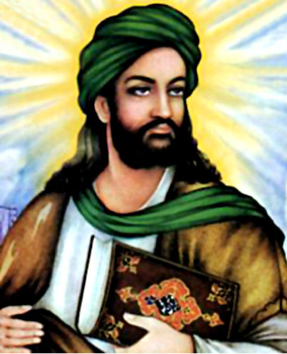Sign up for FlowVella
Sign up with FacebookAlready have an account? Sign in now
By registering you are agreeing to our
Terms of Service
Loading Flow



The night Muhammad was called to become a prophet of Allah, known as the Night of Power, took place when Muhammad was around forty years old. The strange and terrifying vision shook Muhammad deeply, but Khadija advised him to be steady and trust the vision. Muhammad began preaching to the people of Mecca in 613. His earliest messages focused on the oneness (tawhid) of Allah, the punishments that await the greedy and the proud on Judgment Day, and on exhorting people to show goodwill toward one another. He put special emphasis on the care of the poor, especially orphans and widows.
Muhammad gathered followers from a variety of segments of Meccan society, from both poor and weak clans, and wealthy ones. All seemed to be seeking something more fulfilling than the materialism offered by Meccan society. Muhammad and his followers critiqued the culture of competition and the high value placed on money and material goods, calling for submission to the will of the one true God. Mecca, however, was a center for trade and the most important destination in the peninsula for the annual pilgrimage that celebrated the pantheon of gods, a festival that netted for the Meccans their annual gross income. Therefore logically the merchant society of Mecca was not particularly receptive to Muhammad's critique of materialism and his calls for social reform and monotheism. The Meccans wanted Muhammad to stop preaching about monotheism and social justice. The most powerful tribal leaders in Mecca attempted to bribe him into silence by offering to share the wealth of the annual pilgrimage with him and even allowed for the God that Muhammad believed in to be deemed the most powerful of all the gods in Mecca. Muhammad did not cooperate with the Meccans' attempts at negotiations, and the Meccans began persecuting him and his followers.
The Quran and the hadith emphasize Muhammad's humanity, portraying him, warts and all, as a mortal man with desires and limitations. In the Quran, God reminds Muhammad that he will face God on Judgment Day along with everyone else. Muhammad is a beloved figure in Islam, and Muslims remember him for his many virtues, such as fairness, gentleness, and kindness to everyone, especially the most vulnerable members of the community. He is recalled as wise and humble, never living above the rest of the community, his door open to anyone, quick to share his wit and charm. Muslims will often say "Peace Be upon Him," or write "pbuh," after hearing or saying his name.